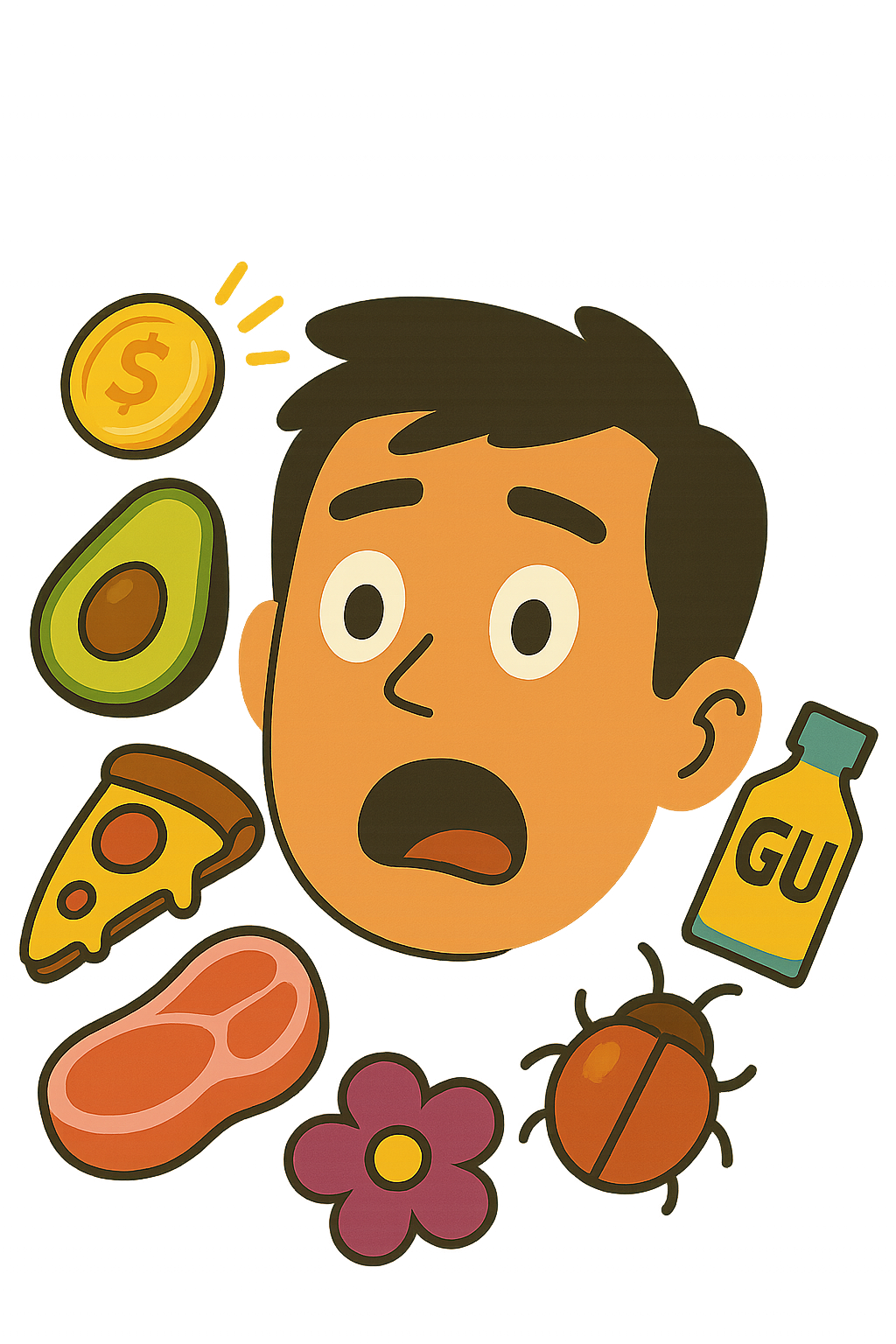Can I eat bittersweet nightshade?
Quick Answer
No
Bittersweet nightshade is generally considered toxic and should not be consumed. It contains solanine, a toxic alkaloid that can cause serious health problems.

What Is It?
Bittersweet nightshade, also known as Solanum dulcamara, is a vine-like plant that produces small, brightly colored berries. It is part of the Solanaceae family, which also includes potatoes, tomatoes, and eggplants.
Historical Context
Historically, bittersweet nightshade has been used in traditional medicine for various ailments, but its use is controversial due to its toxic properties.
How to Tell
Signs of bittersweet nightshade poisoning can include nausea, vomiting, salivation, drowsiness, abdominal pain, diarrhea, weakness, and slowed breathing.
Why It Can Be Risky
Eating bittersweet nightshade poses serious health risks due to its toxicity.
- Ingesting the plant can lead to solanine poisoning, which can cause serious health problems and even be fatal in severe cases.
- Even touching the plant can cause skin irritation in some people.
Safe Alternatives
If you’re looking for edible wild plants, consider alternatives like dandelions, purslane, or wild garlic, which are safe to eat when properly identified and prepared.